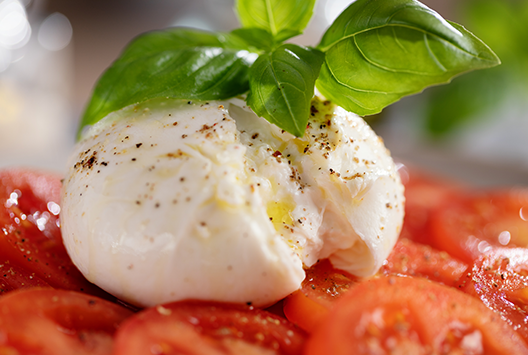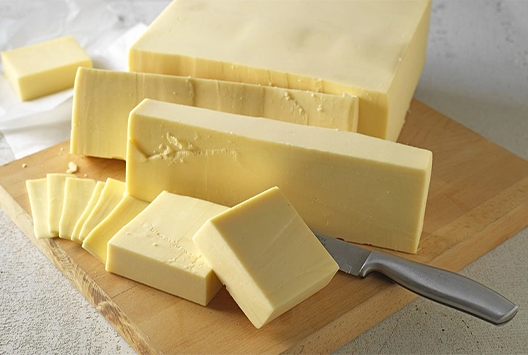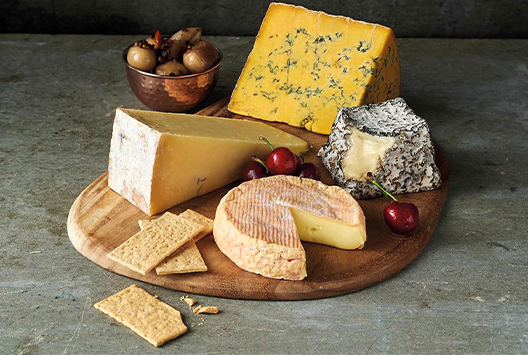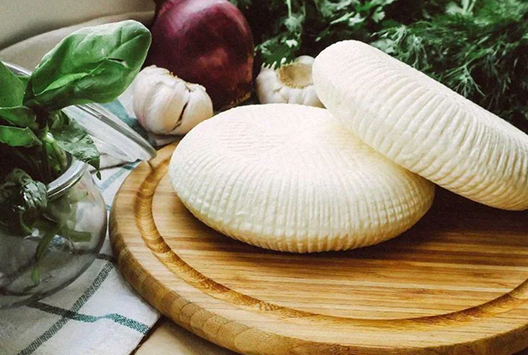
Your Guide to Serving and Eating Mozzarella the Right Way
Similar
Mozzarella cheese is one of the most popular types of cheese and is a staple in several dishes. Whether you're craving pizza, lasagna, cheese platters, or sandwiches, you can never go wrong with its cheesy goodness. It is also an excellent source of protein and calcium.
However, like other foods, it is essential to learn the proper way to serve and eat mozzarella to enjoy it in the best way possible. And we’re here to guide you through it.
First things first: What Is mozzarella?
Mozzarella is a type of cheese made from cow's milk. It is a specialty product originating from Southern Italy. While it's typically white in color, it can vary from light yellow to creamy white, depending on the cow's diet. This type of cheese is usually available in round balls, ranging between 100 and 250 grams in size, braided or bite-sized shapes.
Tips for serving and eating mozzarella
If you want to serve and eat mozzarella cheese the right way, it is essential to follow mozzarella etiquette. Below are some tips you should take into consideration when storing, serving, and eating mozzarella.
Storing mozzarella
Place mozzarella in the fridge, and not in the freezer. Instead of wrapping it in plastic, store it in a bowl or container with whey or a solution made of cow’s milk and water. Cooked mozzarella can last three to five days in the fridge or one or two months in the freezer. It is best to consume it within one or two days after opening it.
Cleaning mozzarella
You don't need to wash mozzarella before consuming it because it is packaged in an edible liquid.
Cooking mozzarella
The best part about mozzarella is that it can be consumed in different ways. You can bake, fry, grill, or even add it raw to pasta dishes. You can also use mozzarella in your salads and sandwiches.
Serving mozzarella
It is best to serve mozzarella at room temperature. When arranging a cheeseboard, place mozzarella as the mildest option on the platter. To ensure you are serving the best mozzarella, make sure you go for fresh, moist, and firm pieces. Ensure every 125 grams contains around 330 calories for a healthy serving.
Pairing mozzarella
Mozzarella goes well with salads and pizzas. You can also pair it with bread or focaccia and season with salt, olive oil, oregano, and black pepper.
You can never go wrong with a crowd favorite!
Mozzarella is a crowd favorite because it goes well with many mouthwatering dishes. Educating yourself on how to serve and eat it properly can help you enjoy this cheesy experience better.
If you're looking for the most trusted dairy and beverage company in Qatar, you've come to the right place. Baladna strives to bring authentic, fresh, and best dairy products nationwide. Visit our website and browse our products today!



